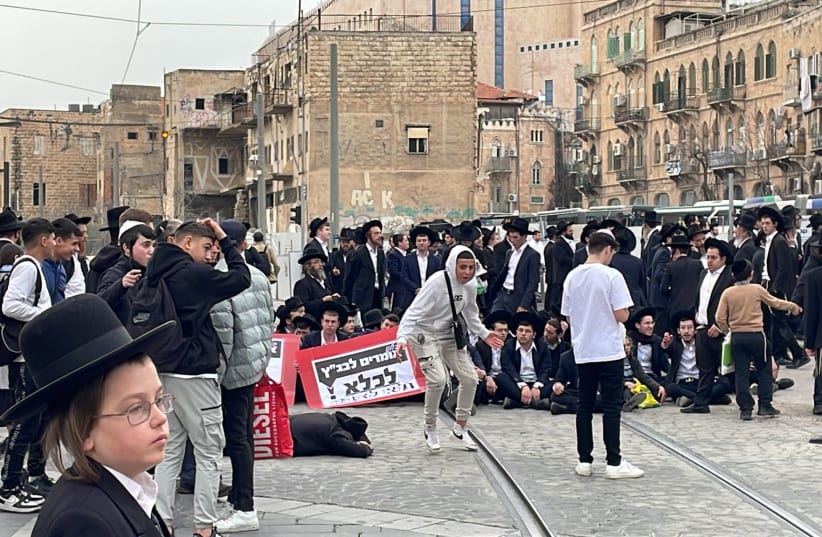Former Shas MK and member of the Shas Council of Torah Sages, Rabbi Moshe Maya, criticized the High Court's ruling on ultra-Orthodox conscription on Tuesday.
In an interview with the radio show Kol BaRama, he said, "Conscripting into the army is an offense to religion. We have a clear halacha that tells us that a yeshiva member is not allowed to join the army."
"If they enter the yeshiva halls to draft us - we will resist. It's like being forced to desecrate Shabbat. Even those who decide not to study in a yeshiva - are forbidden to enlist in the IDF," Maya stated.
"Whoever goes to the army today - he has left the Shabbat space. The kippa-wearers who attack the Torah scholars - make a big mistake because if there were no children of the Torah, there would be many more dead in the war."
Maya concluded, noting, "Our role in the war is to study and learn; only then will God put fear in our enemies."


Naama Lazimi responds
MK Naama Lazimi of the Labor Party commented on the rabbi's words, stating, "This is not our tradition. Not the tradition I grew up with. Certainly not the Sephardi tradition as it existed and was shaped over the years."
"You don't represent it; you appropriate it while moving away from it. [Arye] Deri, are you behind this? Where are the moderate Sephardic rabbis? You decided to disappear the tradition in the name of dominance and the preservation of power," Lazimi concluded.
